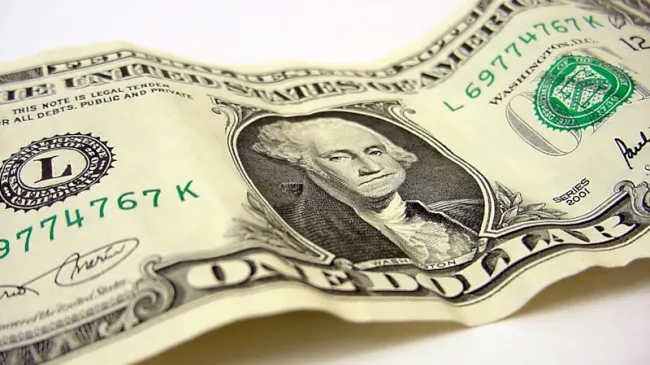The Dollar Crisis
The current international monetary system is based on floating fiat currencies and is constantly subject to unsustainable distortions. This much has been known to Austrians for some time, and Robert Blumen provides the background from Bretton Woods to the current day. Awareness of the problem is now starting to spread to mainstream economists, as suggested by Richard Duncan's new book. He tells the story of how the dollar unsupported by gold has gotten led the world into a terrible mess.










